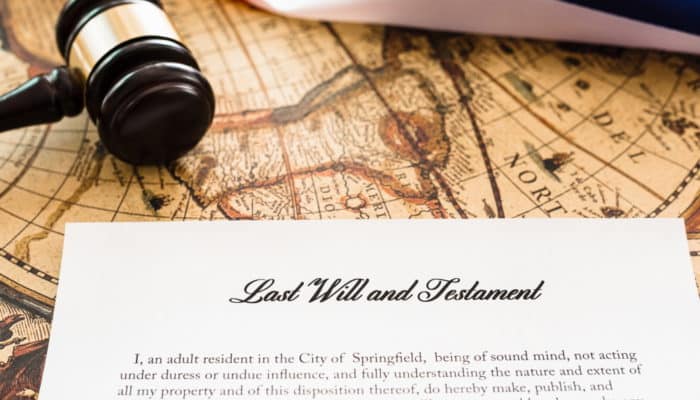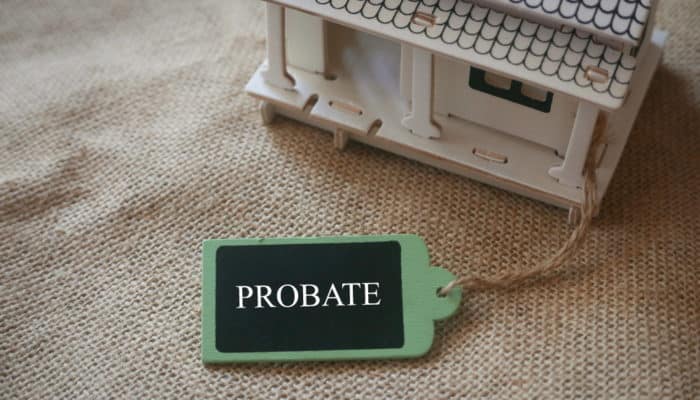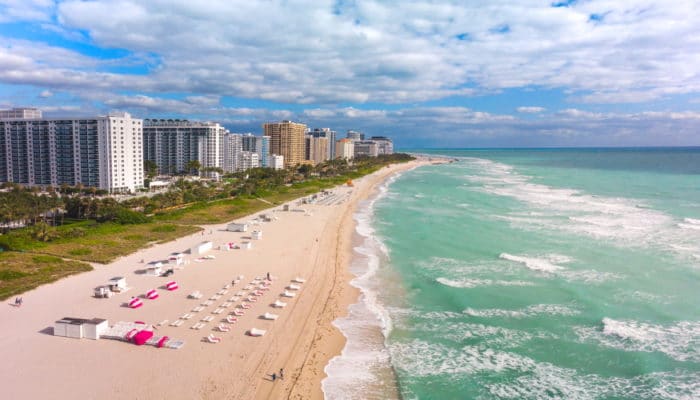The basis for any good Estate Plan is a strong Last Will & Testament.Estate Planning is the process of creating a legally binding plan for what will happen to a person’s assets (i.e., personal & real property) usually known as one’s estate after a person passes away. While Estate Planning can take many forms, a Last Will & Testament or Last Will allows one to dictate how and to whom their estate and/or assets will be distributed after paying appropriate expenses in an organized and streamlined fashion.
In a marriage, many things are done together, i.e., bank accounts get combined or are joint, vacations and other activities are done together, etc. It is technically possible to do one’s Estate Planning together as well. In Florida, a married couple can create a “Mutual Will or Agreement” mirroring the exact same wishes to their own individual Last Wills. HOWEVER, this is not the best idea or way to do things.
Specifically, Florida does not recognize Joint Wills. As a result, a married couple must create two separate Last Wills. This situation limits a married couple’s ability to ensure that their spouse would not change or revoke their Last Will upon their death. Many married individuals fear that their spouse will alter their Last Will and Testament following the death of their spouse. In most Last Wills, married couples agree to transfer all their assets and property to the surviving spouse when they pass away. However, when one spouse dies, the other spouse can freely change the beneficiaries in their own Last Will or otherwise deviate from the agreed upon plan. Joint Wills are used to prevent the surviving spouse from altering their Last Will upon the death of the first spouse. Consequently, since Joint Wills are not valid in Florida, married couples can create a Mutual Will Agreement.
A Mutual Will Agreement (MWA) is different from a Joint Will. Unlike Joint Wills, an MWA is a valid and enforceable contract in Florida under Fla. Stat. § 732.701. Essentially, an MWA is a contract between two spouses that outlines the contents of their Last Wills. This agreement can also be used to prevent spouses from changing their own Last Wills upon the death of the spouse who dies first.
To be valid, a Mutual Will Agreement must be signed by both spouses in the presence of two witnesses. Married couples can benefit from entering into this agreement to eliminate the risk that the surviving spouse might change their Will upon the other spouse’s death.
In the absence of a Mutual Will Agreement preventing them from changing or revoking the Last Will, the Testator, who is the person who created the Last Will and Testament, has a right to amend or revoke their Last Will any time before their death.
As previously mentioned, an Estate Plan is something very personal to an individual. It is made to explain a person’s wishes for the future, so it should reflect the specific intent of that individual. While many things are shared in a marriage, a Last Will, especially as it relates to a person’s assets, their extended family, and personal belongings, should be tailored exclusively to said individual.
There are also logistical concerns to consider. If one spouse passes away before the other, which tends to be the case, the Last Will could becomelocked. The living spouse might be unable to make any changes to it for the rest of their lifetime. What is more, the distribution of assets would beginwhile one spouse was still alive, which can be awkward or emotionally difficult. This is one of the main reasons why every adult should have their own individual Last Will & Testament.
If a person has any children from an earlier relationship, that would be even a greater reason to create their own Last Will. Blended families should be protected with individualized and customized Estate Plans since they may not be recognized in probate court without one.
The parties may even go as far as to include a “non-mutual” clause in their own individual Last Will & Testament. If used, then the “non-mutual” clause should expressly state that the surviving spouse can change or revoke their own Last Will despite any interest received. This additional expression of intent will show that one’s specific wishes are their own and should not be copied onto or from their spouse’s. Married individuals can include the foregoing language in their respective Last Wills.
If you have additional questions or would like to discuss your legal issues, including Estate Planning, please contact an attorney with CASERTA & SPIRITI at your earliest convenience. As the old saying goes-there is no better time to start than the present!




